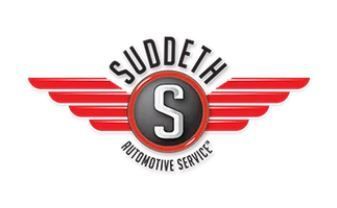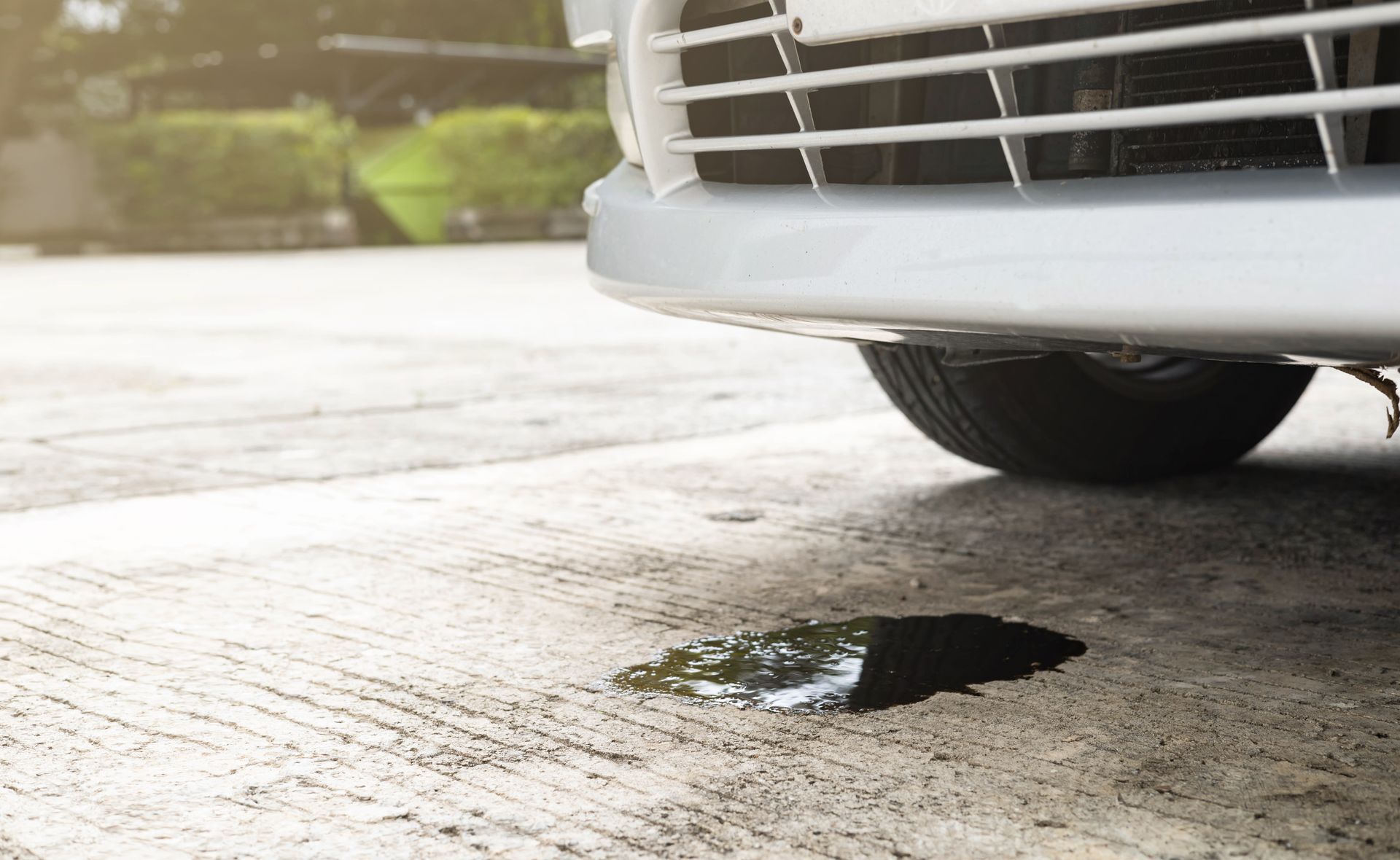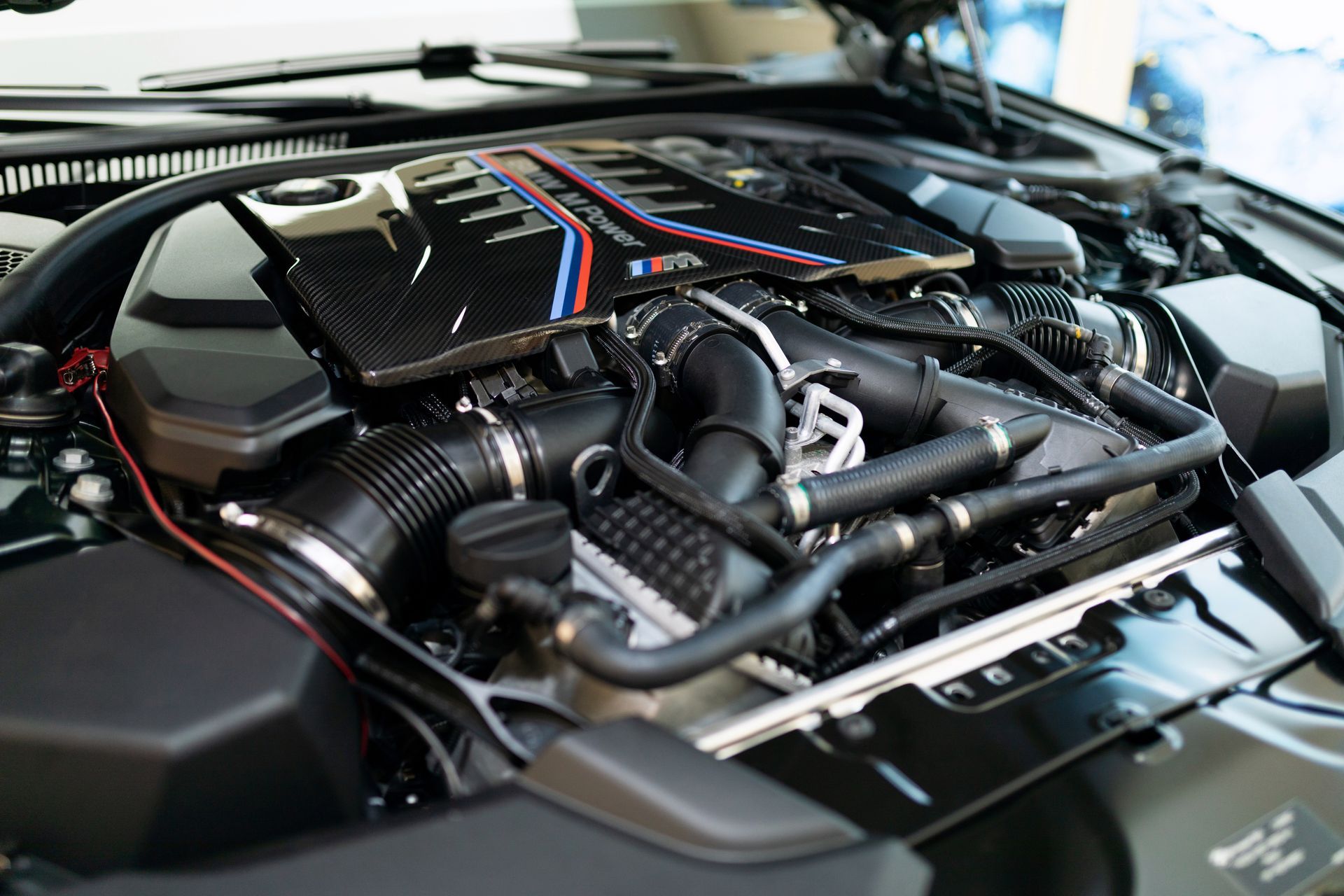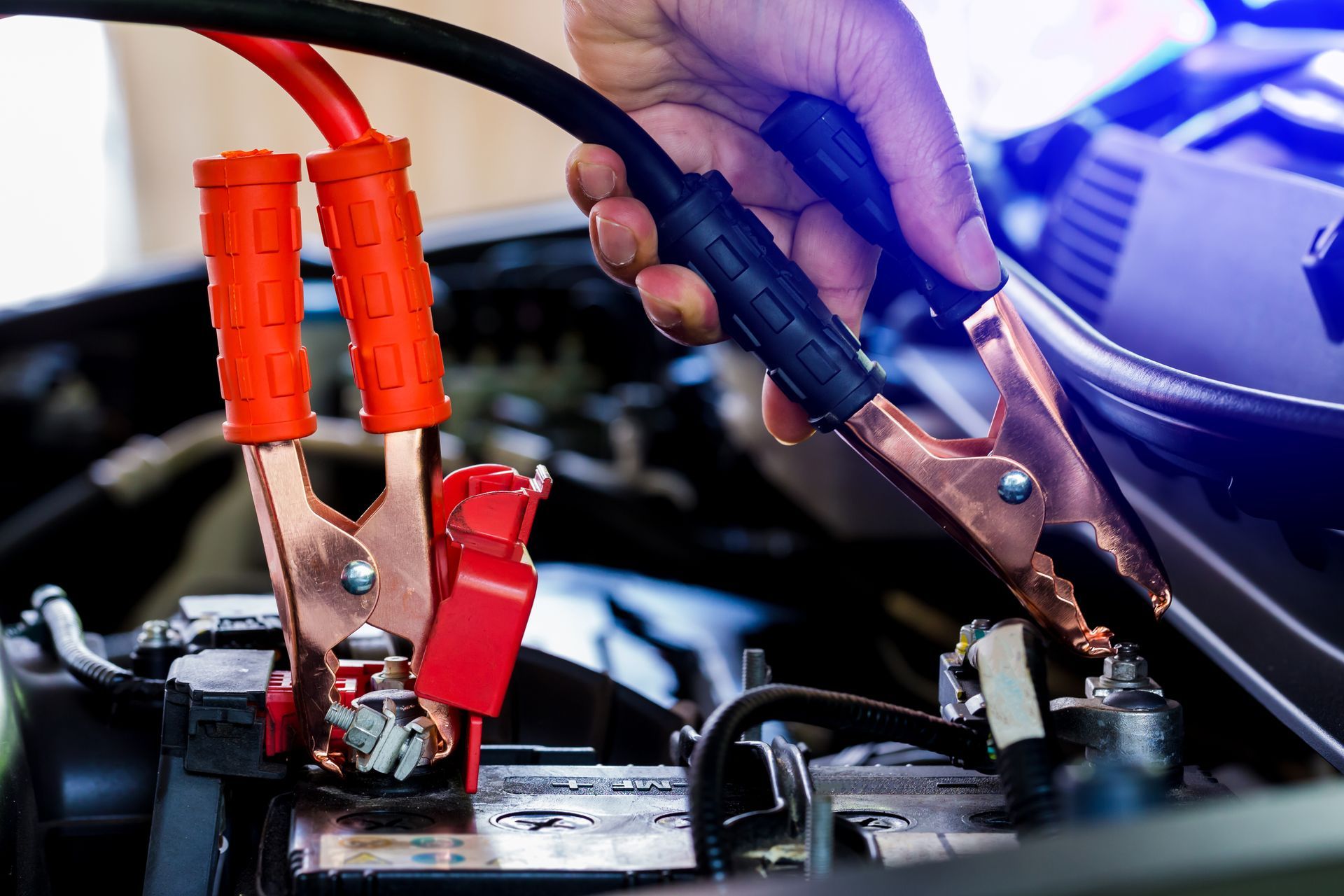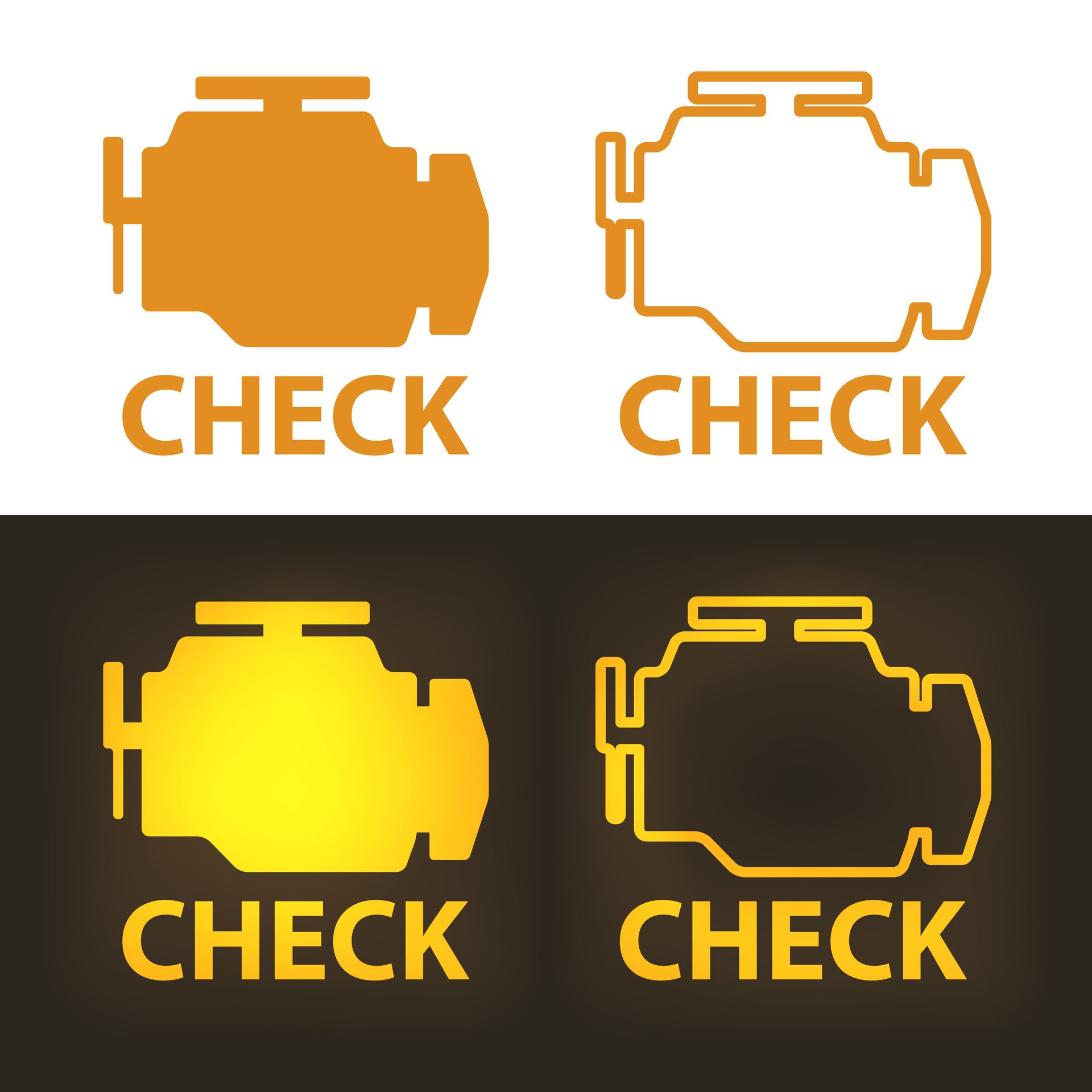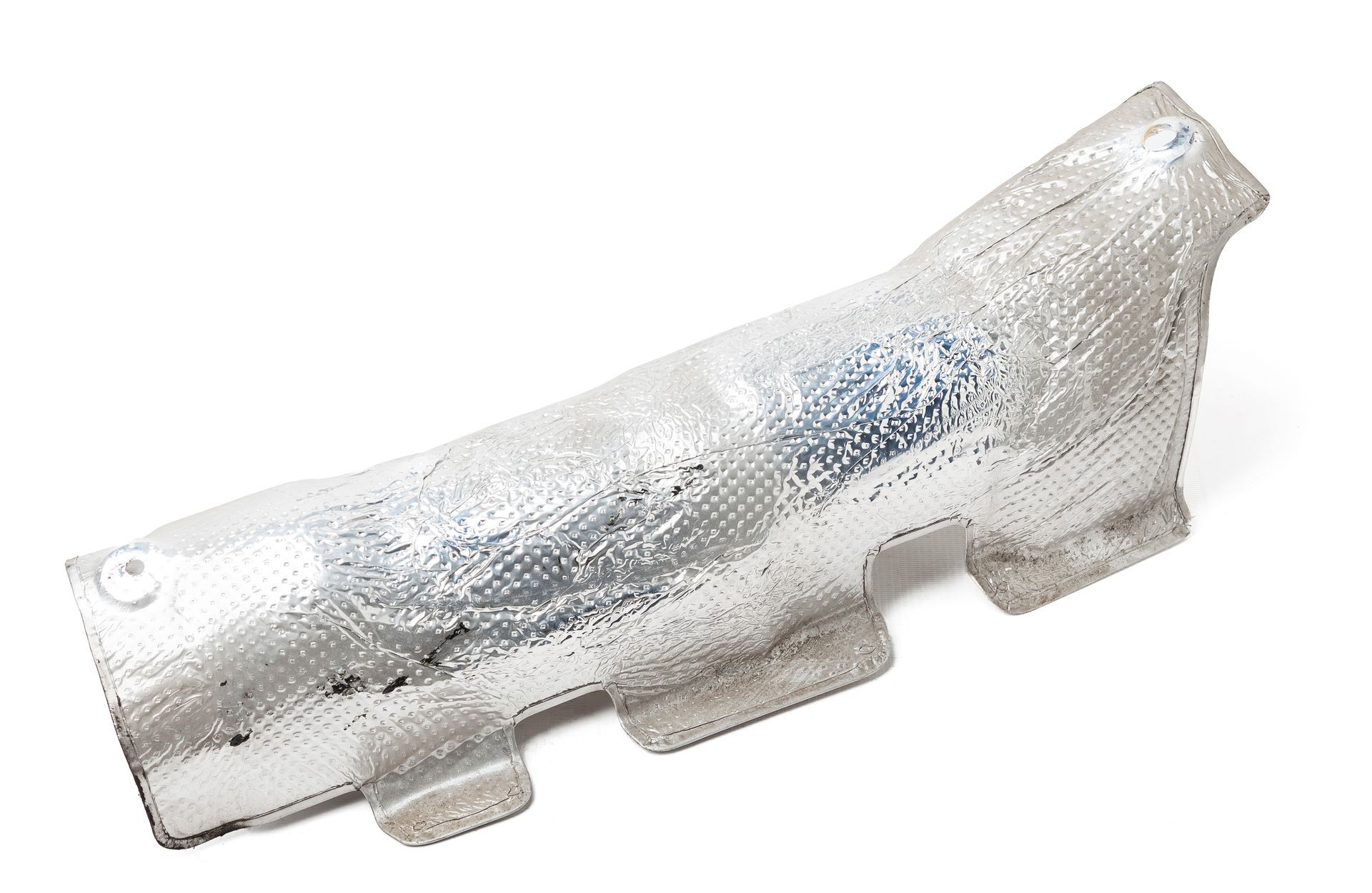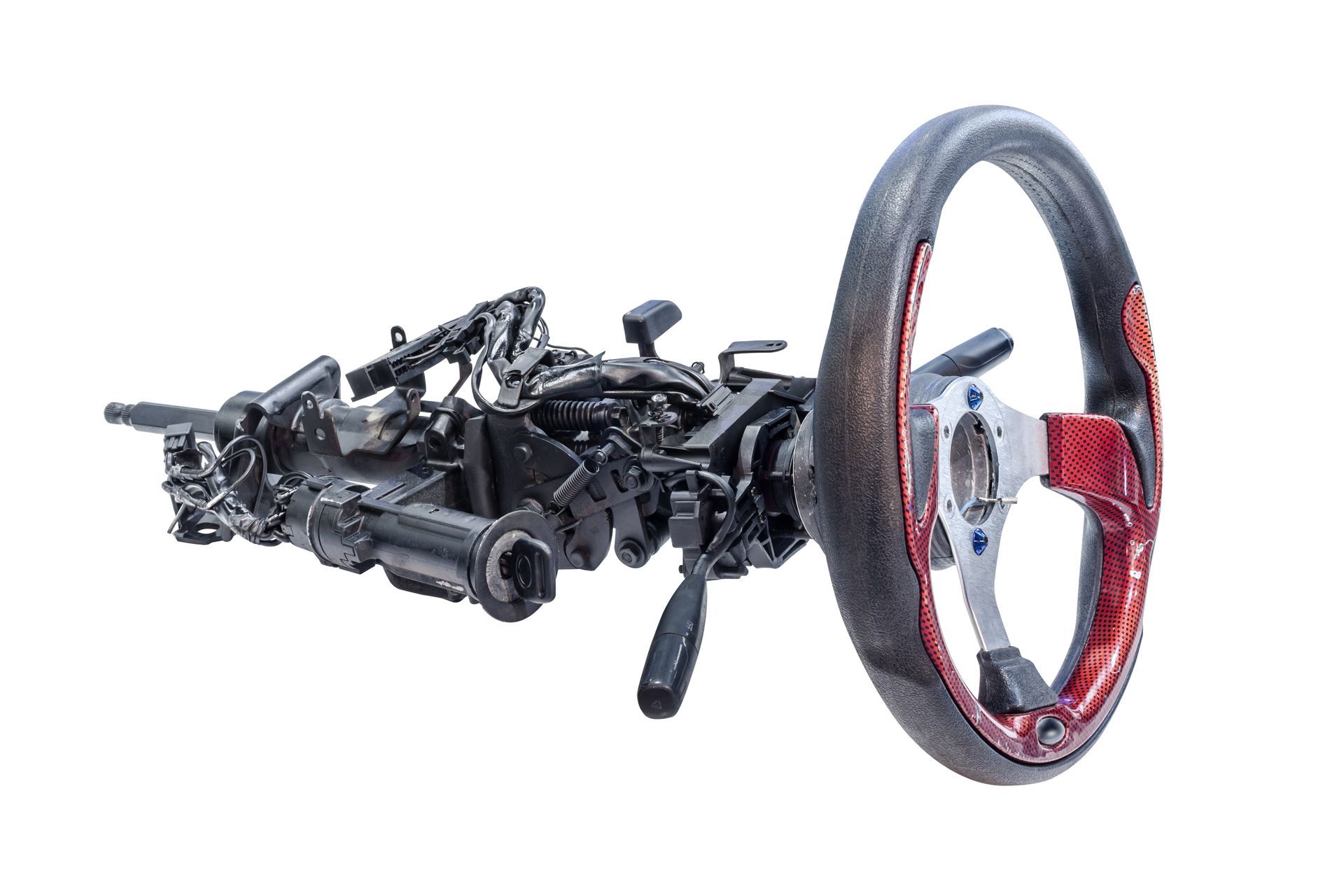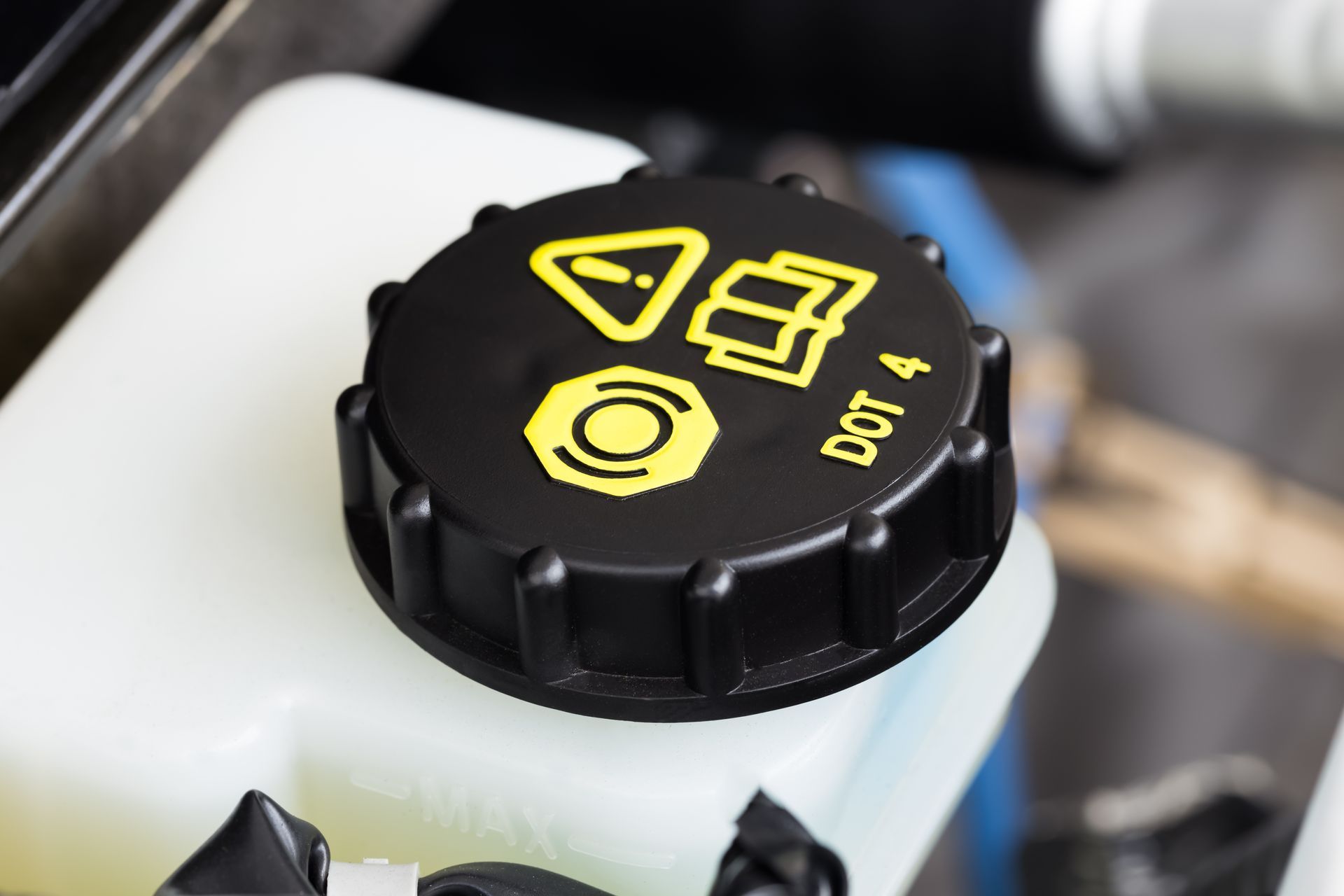Noticing a whining noise when you accelerate? It might start off subtle, but if it’s getting louder or more frequent, it’s a good idea to pay attention. That sound could be your vehicle’s way of warning you about a developing issue—whether it’s with the transmission, power steering, or something else under the hood. Catching it early can make the difference between a simple fix and a much bigger repair down the line.
We’ll go over the most likely causes of whining during acceleration and what they might mean for your car.
Worn or Failing Serpentine Belt
One of the most frequent culprits behind a whining sound is the serpentine belt. This belt drives multiple accessories like the power steering pump, alternator, and A/C compressor. As the belt ages, it can stretch, harden, or become glazed, resulting in a whining or squealing noise when the engine revs.
If the noise gets louder as you accelerate and is coming from the front of the engine, a worn or loose belt could be the problem. In some cases, the noise could also be due to a failing belt tensioner or pulley bearing.
Power Steering Issues
The power steering system is another likely source of a whining noise, especially when accelerating or turning. If the power steering fluid is low or the pump is beginning to fail, it can produce a whining or groaning sound. The noise may increase when you turn the wheel or put extra demand on the system.
Checking your power steering fluid level is a good first step, but if the fluid looks dark, smells burnt, or you hear the noise consistently while driving, it’s time for a full inspection.
Transmission or Differential Problems
If the whining noise is coming from underneath the vehicle and changes pitch with your speed, it may be related to the transmission or differential. Low fluid, worn gears, or damaged bearings in these components can create a high-pitched whine during acceleration.
In automatic transmissions, whining might indicate a failing torque converter or fluid pump. In manual transmissions, it could point to a worn input shaft bearing. If the noise gets worse with higher speeds and isn't affected by steering, drivetrain issues may be the cause.
Wheel Bearings or Axle Problems
In some cases, a whining or humming noise can come from the wheels or axles, particularly if the bearings are worn or damaged. Wheel bearings allow the wheels to rotate smoothly, and when they begin to fail, they can create a noise that changes with speed or acceleration.
Axle-related whining can also stem from CV joints or U-joints that are dry, worn out, or damaged. If the noise is accompanied by vibrations or a clicking sound while turning, a worn CV joint may be to blame.
Vacuum Leaks or Air Intake Issues
Whining sounds can also come from a vacuum leak or a problem in the air intake system. If there’s a crack in a vacuum hose or the intake manifold, air can be sucked in where it’s not supposed to, creating a high-pitched whine or hiss.
This is more common in turbocharged or high-performance engines, but can occur in any vehicle. You might also experience rough idling, poor acceleration, or a check engine light if a vacuum leak is present.
Team 1 Automotive – Accurate Noise Diagnostics in Columbia, SC
At Team 1 Automotive in Columbia, SC, we understand that strange noises are more than just a nuisance; they signal that something needs attention. If your vehicle is making a whining noise during acceleration, our expert technicians will pinpoint the cause and recommend the right fix. From belts and bearings to transmission and power steering systems, we’ll make sure your car gets the professional care it needs.
Schedule your diagnostic visit today and drive with confidence again.


